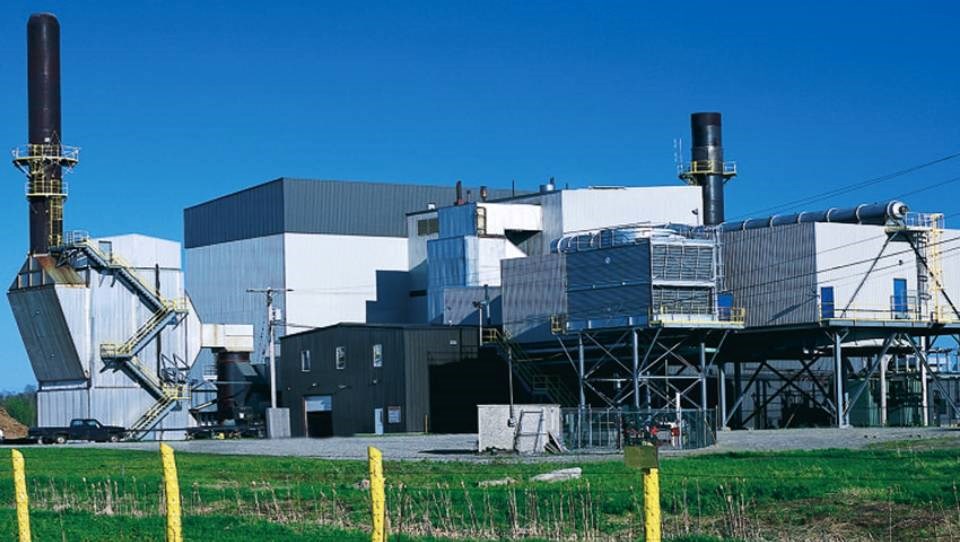A Cochrane-based natural gas facility is among nine projects being considered for the production of hydrogen-produced power to meet Ontario's energy needs.
On Nov. 23, the province announced HydroMéga Services, which operates a natural gas-producing facility in Cochrane, is receiving $100,000 to study the feasibility of upgrading the existing 27-megawatt plant to include low-carbon hydrogen production and storage.
Montréal-based HydroMéga purchased the plant from the Cochrane Power Corporation in 2018. It had remained idle since 2015 when its power purchase agreement expired.
The project is one of nine sharing in $5.9 million from the province to boost its hydrogen-power capacity.
“Our government is building new electricity generation and storage to power the next major international investment, the new homes we are building and industries as they grow and electrify,” Energy Minister Todd Smith said in a recent news release.
“Natural gas currently performs a critical role keeping the lights on during periods of peak demand, and we are investing now in new technologies like hydrogen that could help meet this demand going forward.”
The other eight projects include:
- Atura Power, receiving $4.1 million to blend hydrogen with natural gas to produce electricity at Halton Hills Generating Station;
- Capital Power, receiving $206,300 to study the feasibility of blending hydrogen with natural gas (between 5 per cent to 15 per cent hydrogen) at their existing Brampton, Windsor and Newmarket generation facilities;
- Capital Power, receiving $150,000 to study the feasibility of producing and storing low-carbon hydrogen, produced from wind generation, to fuel a hybrid hydrogen-methane turbine at their Goderich location;
- York University, receiving $38,000 to study the feasibility of retrofitting existing gas turbine generators to blend hydrogen with natural gas to generate electricity;
- York University, receiving $90,000 to model and analyze the potential of installing low-carbon hydrogen facilities across Ontario, including costs and sizing;
- Western University, receiving $498,000 to develop a demonstration site, which will test solar-generated hydrogen and biogas-generated hydrogen to assess the environmental benefits of each;
- Volta Energy in Toronto, receiving $491,352 to assess how reversible solid oxide hydrogen cells technology can help provide a pathway for hydrogen integration into the electricity grid; and
- The Transition Accelerator in Hamilton, receiving $101,205 to research the economic readiness of the Hamilton region to become a hub for hydrogen investment.
Ontario established the Hydrogen Innovation Fund in February 2023 as part of its Low-Carbon Hydrogen Strategy. It will invest $15 million over the next three years to help integrate hydrogen into Ontario's electricity system.




